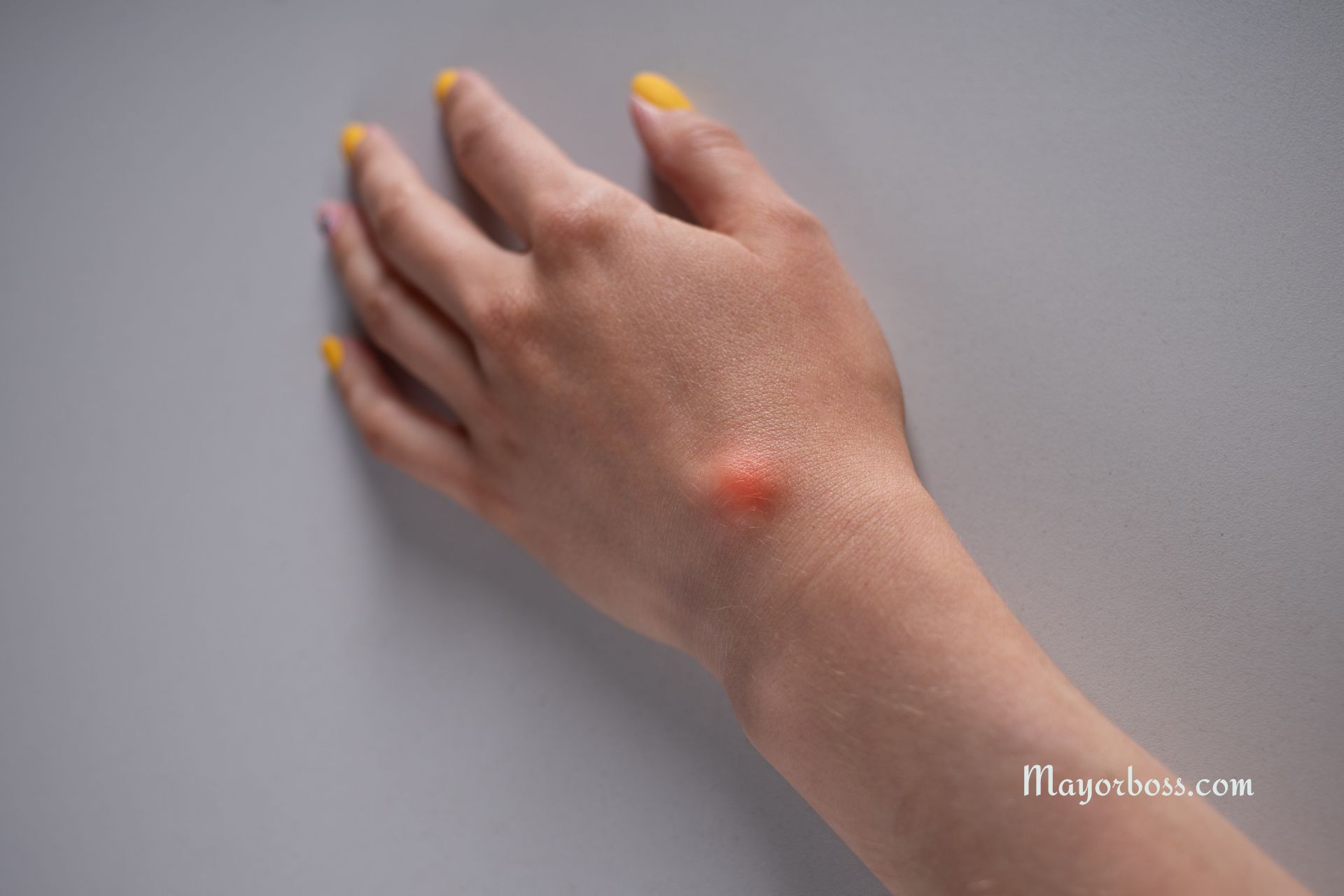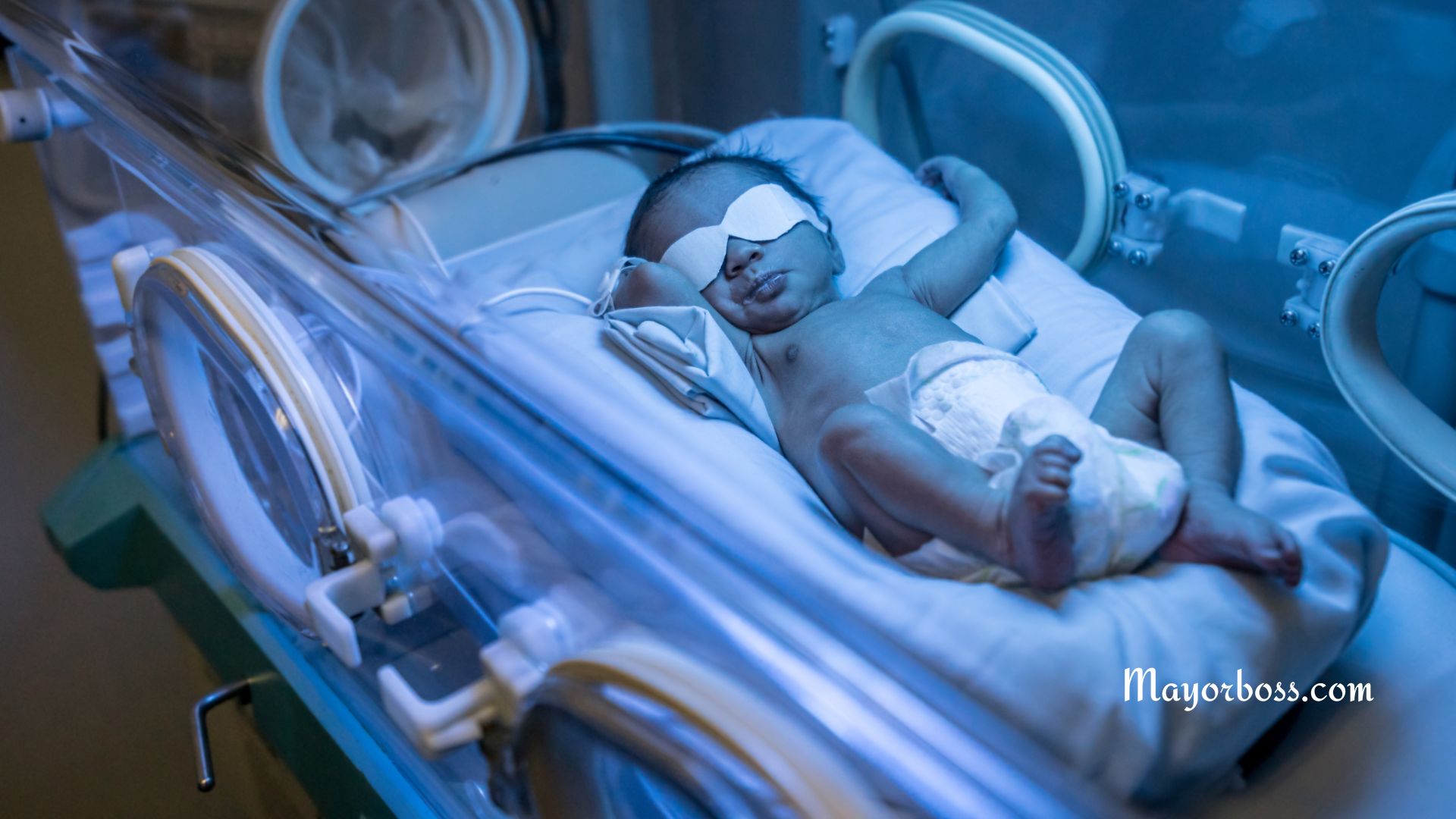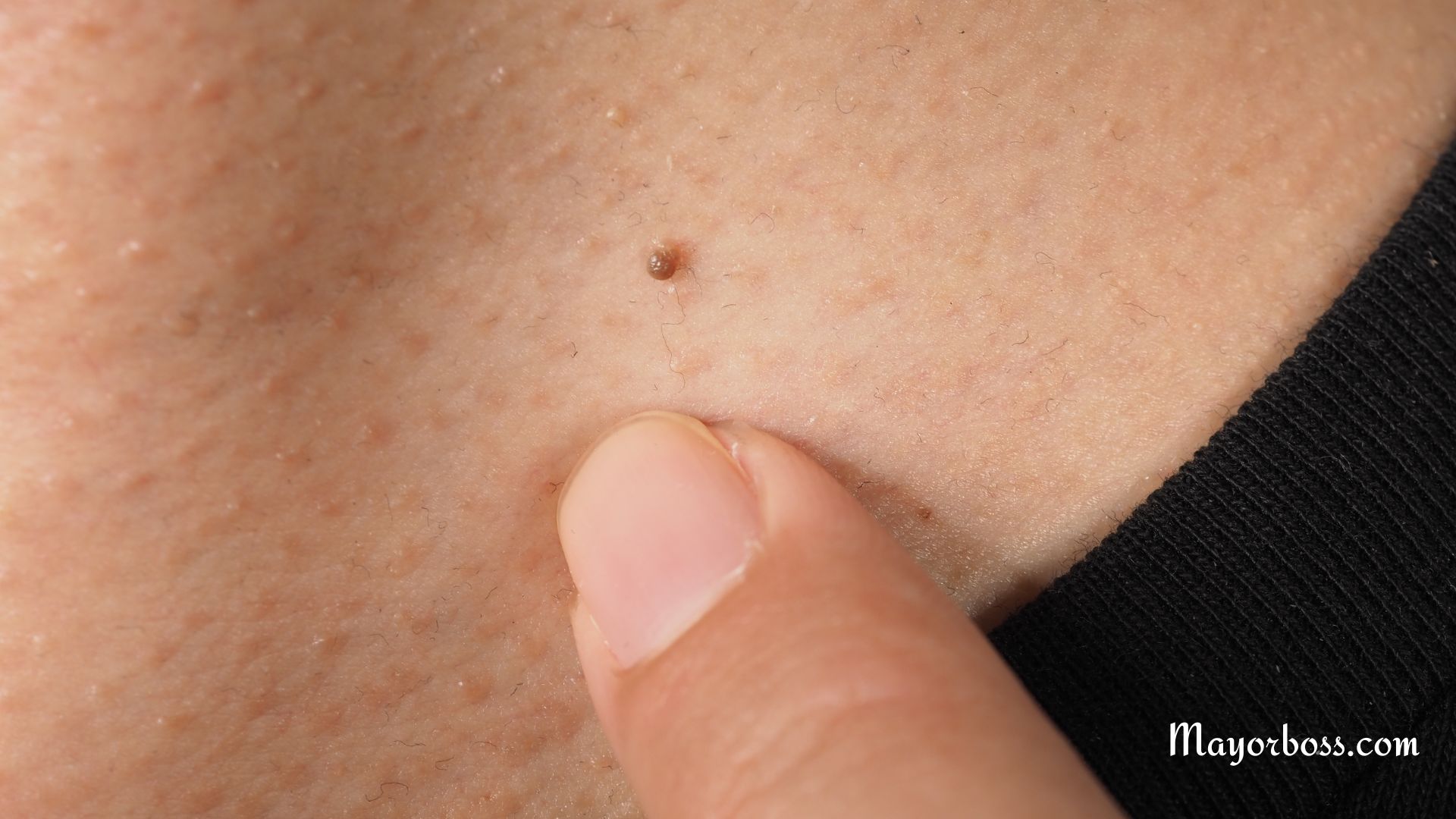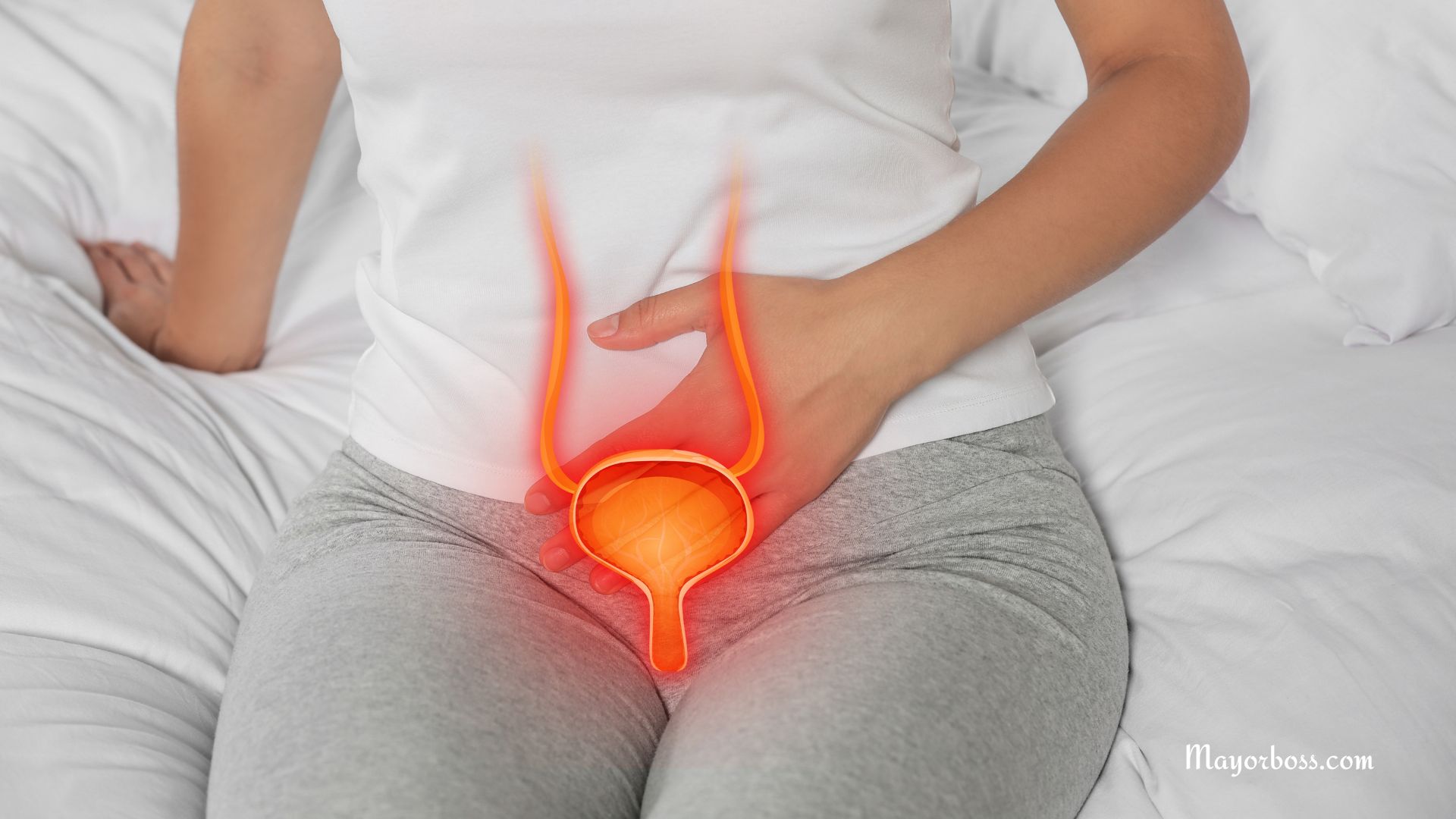Cysts vs. Boils vs. Abscesses: Know the Difference
When it comes to skin conditions, it’s easy to confuse cysts, boils, and abscesses. Each of these conditions presents as a lump on the skin, but they have distinct characteristics, causes, and treatments. This article delves into the nuances of cysts, boils, and abscesses, offering detailed insights to help you identify and address these common skin issues.

Understanding Cysts, Boils, and Abscesses
Cysts: The Encapsulated Structures
Cysts are closed pockets filled with fluid, pus, or other material. They are non-cancerous in nature. They can appear anywhere on the body and often feel like large peas under the skin’s surface. Cysts are typically caused by infections, clogged sebaceous glands, or around foreign bodies, such as earrings.
- Characteristics: Smooth, can be moved under the skin, and usually painless unless infected.
- Common Types: Epidermoid cysts, sebaceous cysts, and ganglion cysts.
- Treatment: Often left untreated unless they cause discomfort or aesthetic concerns. Surgical removal is an option for persistent or troublesome cysts.
Boils: The Inflamed and Infected Hair Follicles
Boils, also known as furuncles, are painful, pus-filled bumps that develop under the skin due to bacterial infection and inflammation of one or more hair follicles. They often develop on the face, neck, armpits, shoulders, and buttocks.
- Characteristics: Red, swollen, and tender to the touch. A white or yellow point at the center may be seen as pus accumulates.
- Common Causes: Most commonly caused by the bacteria Staphylococcus aureus.
- Treatment: Warm compresses can help the boil drain more quickly. Severe or recurring boils may require medical intervention, including drainage and antibiotics.
Abscesses: The Deep Infections
An abscess is a deeper infection that occurs when bacteria invade tissue, leading to the formation of pus. Abscesses can form in any part of the body and are often more serious than boils.
- Characteristics: A painful, swollen area that feels warm to the touch. The skin surrounding an abscess may appear red and inflamed.
- Common Causes: Bacterial infections are the most common cause, but abscesses can also result from other types of infections or foreign bodies.
- Treatment: Abscesses require medical treatment to drain the pus and eliminate the infection. Antibiotics are often prescribed to help clear the infection.
Key Differences
While cysts, boils, and abscesses might seem similar at first glance, several key differences help distinguish between them:
- Cause: Cysts form due to blocked ducts or tissues, while boils and abscesses are the result of bacterial infections.
- Depth: Boils are generally more superficial compared to abscesses, which can penetrate deeper into the body’s tissues.
- Symptoms: Cysts are usually painless unless infected; boils are painful and filled with pus; abscesses are deep, painful infections that may cause fever and other systemic symptoms.
Management and Prevention
Effective management of cysts, boils, and abscesses involves a combination of home remedies, medical treatment, and preventive measures:
- Hygiene: Regular washing with soap and water can help prevent the formation of boils and abscesses.
- Warm Compresses: Applying warm compresses to boils can speed up the drainage process.
- Medical Intervention: Surgical drainage may be necessary for large or persistent cysts, boils, and abscesses. Antibiotics may also be prescribed to fight the infection.
Frequently Asked Questions
- Can I pop a cyst, boil, or abscess at home? It’s generally not recommended to pop these skin conditions at home due to the risk of spreading infection. Medical professionals can safely drain them if necessary.
- How can I tell if I have a cyst, boil, or abscess? A healthcare provider can offer a definitive diagnosis based on the appearance, location, and symptoms of the lump.
- Are these conditions contagious? Cysts are not contagious, but boils and abscesses can spread bacteria to other parts of the body or to other people.
Summary
Cysts boils, and abscesses are common skin conditions with distinct characteristics, causes, and treatments. Cysts are typically non-infectious and painless, boils are painful infections of hair follicles, and abscesses are deeper infections that may require medical intervention. Proper hygiene, prompt treatment, and medical advice are crucial for managing these conditions effectively.






